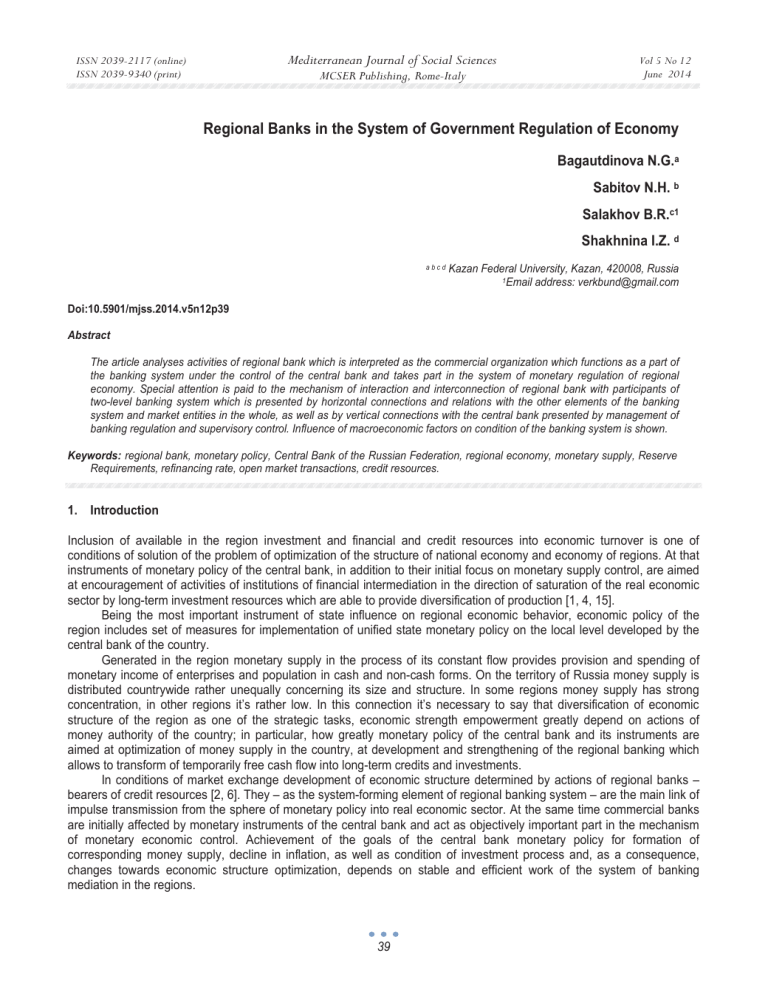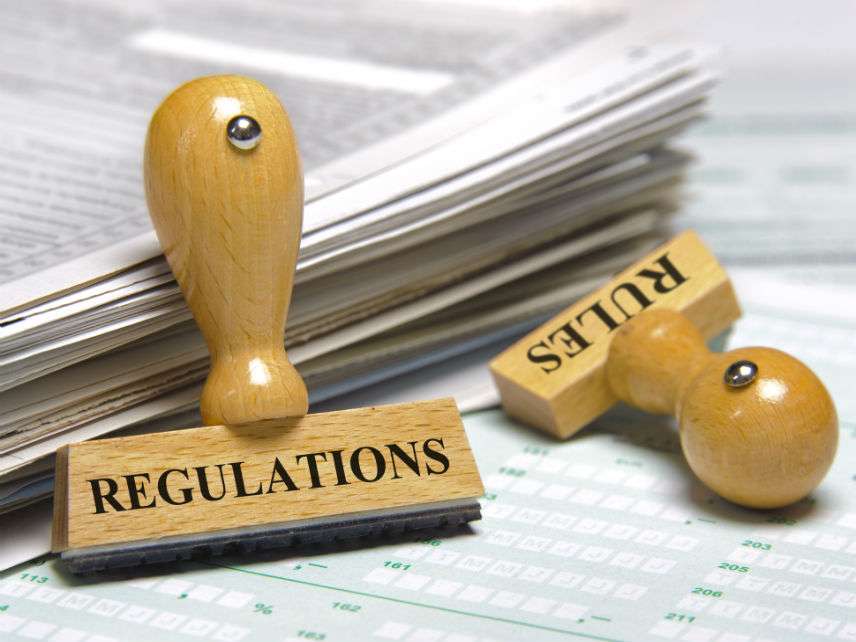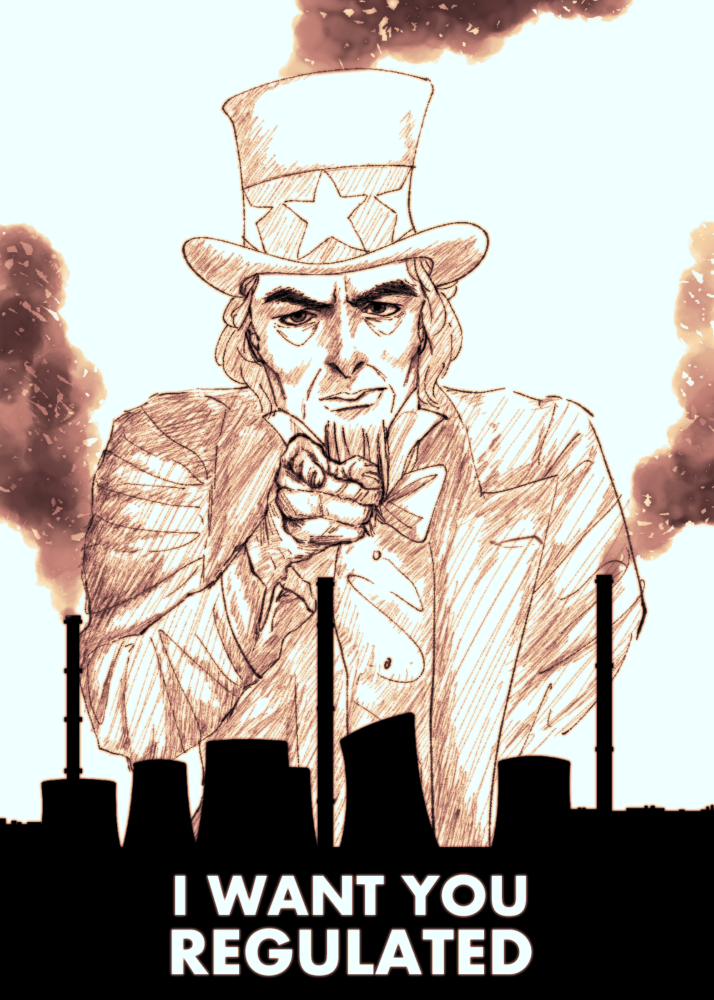Government Regulation In The Economy
Government regulation plays a vital role in shaping the economy. It acts as a guiding force, ensuring fair competition, protecting consumer rights, and maintaining overall economic stability. In this article, we will explore the significance of government regulation in the economy and how it affects various sectors.
The Basics of Government Regulation
Government regulation refers to the imposition of rules and restrictions by the government on businesses and individuals. These regulations can cover a wide range of areas, such as industry standards, environmental protection, labor rights, and consumer safety. They aim to ensure that there is a level playing field for businesses, protect public interests, and foster economic growth.

Government regulation can be implemented through legislative acts, executive orders, or the creation of regulatory agencies. These regulations are designed to address market failures and promote the general welfare of society. Let's dive deeper into the importance of government regulation in different aspects of the economy:
1. Promoting Fair Competition

Government regulation plays a crucial role in ensuring fair competition within the marketplace. When businesses compete freely, it leads to innovation, better quality products, and competitive prices. However, without regulation, some businesses may engage in anti-competitive practices, such as price-fixing or monopolistic behavior.
Regulatory bodies, such as the Federal Trade Commission (FTC) in the United States, monitor and enforce regulations that prevent anti-competitive practices. They scrutinize mergers and acquisitions to prevent the concentration of market power in the hands of a few dominant players. By promoting fair competition, government regulation encourages business growth and benefits consumers.
2. Protecting Consumer Rights
Government regulation also plays a vital role in protecting consumer rights. Regulations are put in place to ensure that consumers are not exposed to unsafe products, false advertising, or fraudulent practices. For example, the Food and Drug Administration (FDA) sets stringent regulations for the safety and efficacy of pharmaceutical drugs before they can be released to the market.
Laws such as the Consumer Product Safety Improvement Act (CPSIA) ensure that products are tested for safety standards and do not pose any harm to consumers. Government agencies also provide channels for consumers to report complaints and take necessary action against businesses that violate consumer rights. These regulations instill confidence in consumers, enabling them to make informed decisions and trust the products or services they purchase.
3. Maintaining Economic Stability
Government regulation plays a crucial role in maintaining economic stability by preventing uncontrolled market fluctuations and financial crises. For instance, following the devastating Great Recession of 2008, governments around the world implemented stricter regulations on the banking industry.
The Dodd-Frank Wall Street Reform and Consumer Protection Act in the United States, for example, introduced regulations to increase transparency in the financial industry, prevent risky lending practices, and protect consumers from abusive financial products. These regulations aim to prevent another catastrophic financial meltdown and ensure a stable and resilient banking system.
Frequently Asked Questions (FAQs)
Q: What is the purpose of government regulation?
A: The purpose of government regulation is to create a fair and level playing field for businesses, protect consumer rights, and maintain overall economic stability.
Q: Can government regulation hinder economic growth?
A: Excessive or poorly designed regulations can potentially hinder economic growth. However, well-implemented regulations that address market failures can promote a healthier and more sustainable economy.
Q: Who enforces government regulations?
A: Government regulations are enforced by regulatory agencies that have the authority to investigate, monitor, and take action against businesses or individuals that violate regulations.
Q: Is government regulation necessary?
A: Government regulation is necessary to protect public interests, promote fairness in the marketplace, and ensure economic stability. However, the balance between regulation and free market principles is always a subject of debate.
Conclusion
Government regulation is a critical component of a well-functioning economy. It promotes fair competition, protects consumer rights, and maintains economic stability. While excessive or poorly designed regulations can hinder economic growth, well-implemented regulations foster a thriving business environment that benefits both businesses and consumers. By striking the right balance, governments can effectively regulate the economy and create a sustainable and prosperous future.
Financial Crisis – Stephen Hicks, Ph.D.
The Proper Role Of Government In The Economy – The Daily Libertarian
government regulation economics economy political cartoons regulations market price business role daily costs regulatory control intervention interference but farhoud federal
Regional Banks In The System Of Government Regulation Of Economy
 Image Source : studylib.net
Image Source : studylib.net 45 Percent Of Americans Say There Is Too Much Government Regulation Of
 Image Source : reason.com
Image Source : reason.com regulations legal political regulatory government regulation business environmental charities organizations data environments americans percent say too there rules profit non
Government Regulation: Crash Course Government And Politics #47
 Image Source : zakruti.com
Image Source : zakruti.com Government Regulation Definition Economics - Definitionf
 Image Source : definitionf.blogspot.com
Image Source : definitionf.blogspot.com Government Regulation: The Good And The Bad – Baron News
 Image Source : www.baronnews.com
Image Source : www.baronnews.com regulation government fossil
The Political Economy Of Government Regulation, Shogren, Jason
 Image Source : www.ebay.de
Image Source : www.ebay.de Government regulation economics economy political cartoons regulations market price business role daily costs regulatory control intervention interference but farhoud federal. Regional banks in the system of government regulation of economy. Government regulation definition economics. Regulation government fossil. Government regulation: crash course government and politics #47